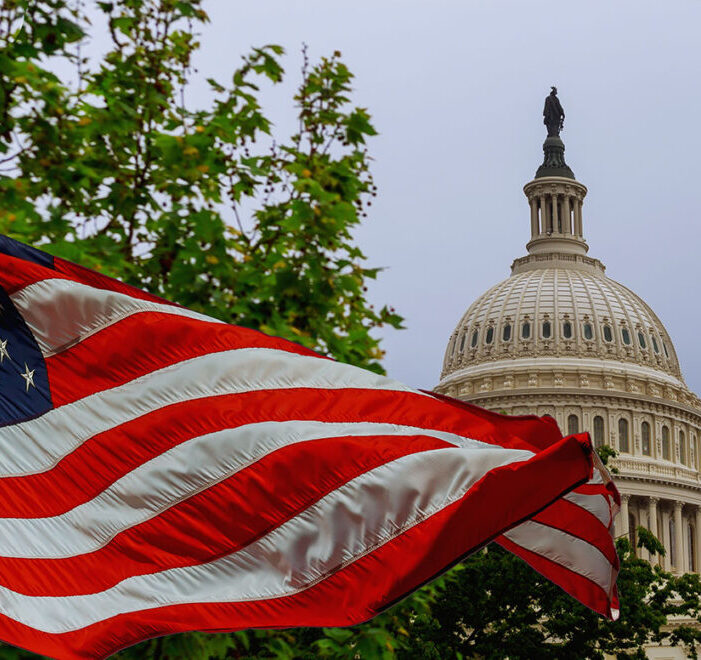New Policy Could Help Older Adults Afford Internet
Two recent policy developments are expanding internet access to older adults who have low incomes. The Broadband Justice Act of 2021, if enacted, would pay for internet in affordable housing, while the Emergency Broadband Benefit Program (EBBP) is an emergency subsidy to help low-income households pay for high-speed internet.
Broadband Justice Act of 2021 Introduced
In addition, the Broadband Justice Act of 2021 was introduced in the U.S. House of Representatives on March 16, 2021. This bill would provide $5 billion to expand affordable broadband access to millions of families living in federally subsidized housing, including HUD, USDA Rural Housing Service, and Low Income Housing Tax Credit housing.
Read this recent LeadingAge article “Bill Introduced to Expand Broadband in Affordable Housing” for more details.
EBBP Provides $50-$75 Monthly Discounts
The EBBP is a Federal Communications Commission (FCC) program to help households struggling to pay for internet service during the pandemic. The FCC approved it in late February 2021. Broadband is especially important to older adults during this time. An internet connection can link them to social engagement with friends and family, to stave off loneliness, and can provide critical telehealth access.
The Emergency Broadband Benefit Program (EBBP) will provide the following discounts:
- Up to $50 per month for eligible households.
- Up to $75 per month for households on Tribal lands.
- Up to $100 (one-time discount) to buy a laptop, desktop computer, or tablet from participating providers if the consumer contributes $10 to $50 toward the purchase price.
On Jan. 25, 2021, LeadingAge submitted comments to the FCC as it began developing the EBBP. To reduce barriers to participation, LeadingAge had requested that affordable housing communities be deemed eligible for the program automatically based on receiving federal rental assistance
LeadingAge even urged the FCC to coordinate with the U.S. Department of Housing and Urban Development (HUD) to provide community-wide eligibility that HUD multifamily housing residents could opt into. While the FCC did not expand eligibility for the benefit program, federally assisted multifamily households should still be eligible through other criteria.
Eligibility
A household is eligible if one member of the household meets the following requirements:
- Qualifies for the Lifeline program, a federal program that provides monthly discounts on phone and internet service or bundled services.
- Receives benefits under the free and reduced-price school lunch program or the school breakfast program, including through the USDA Community Eligibility Provision, or did so in the 2019-2020 school year.
- Received a Federal Pell Grant during the current award year.
- Experienced a substantial loss of income since Feb. 29, 2020, and the household had a total income in 2020 below $99,000 for single filers and $198,000 for joint filers.
- Meets the eligibility criteria for a participating providers’ existing low-income or COVID-19 program.
The Emergency Broadband Benefit is limited to one monthly service discount and one device discount per household.
A New York Times article published on Feb. 25, 2021, quoted Jessica Rosenworcel, the acting chairwoman of the FCC, as saying the benefit would be ready within 60 days.
The article also noted that broadband maps may overcount the number of households with access. If an internet service provider reaches just one home in a census block, the entire block appears connected on federal maps, even when all homes are not given the option of broadband, said the article.
Outreach
A recent Tech Time article, “Lifeline Helps Pay Consumers’ Phone and Internet Service,” tells providers how to help older adults apply for Lifeline.
The FCC is also seeking help to spread the word about the discounts. Sign up to become an outreach partner.

Most Recommended
October 15, 2025
 Shutdown Week Three: Impact of Ongoing Closure on Affordable Housing
Shutdown Week Three: Impact of Ongoing Closure on Affordable Housing
February 03, 2026
Fiscal Year (FY) Funding 2026
October 07, 2025
Immigrant Workforce Matching Program Brings Workforce Relief
Recently Added
February 13, 2026
Redefining Memory Care Engagement: New CAST Case Study
February 13, 2026
Prioritizing User-Informed App Design
February 13, 2026
CAST Members in the News
February 13, 2026



